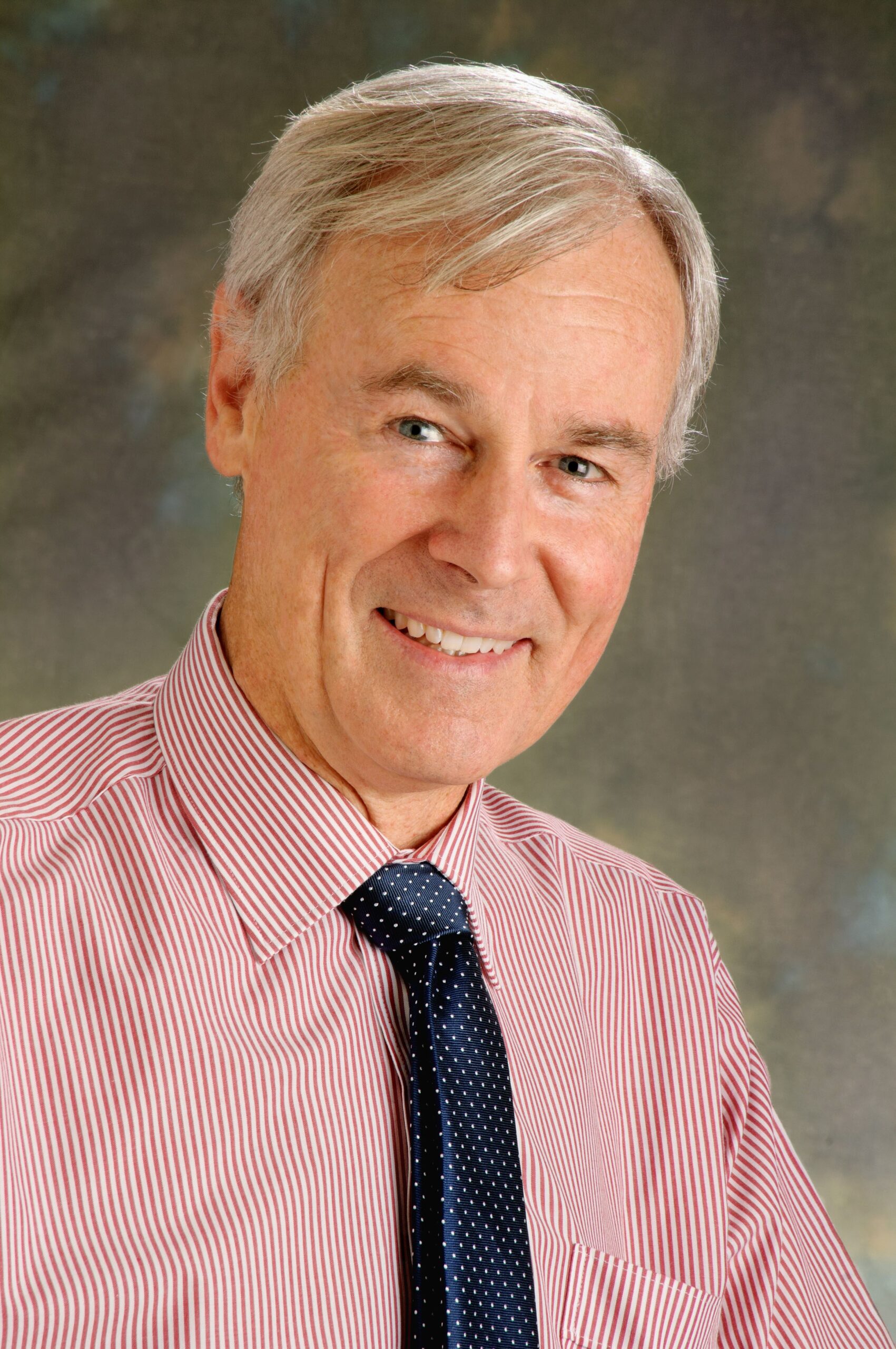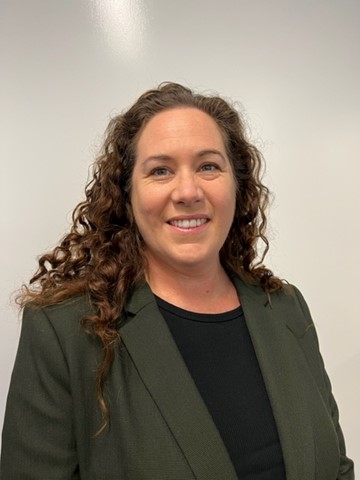Media Resources & Contact
In this story

A new research project is aiming to get more family GPs involved in genetic medicine, which researchers hope will help thousands of Australians with an undiagnosed lipid disorder that greatly increases their risk of cardiovascular disease.
Researchers at NSW Health Pathology have been given a grant to implement a shared-care model for scaling up genetic medicine and get more family general practitioners involved in genetics.
The research will target a condition that massively increases the risk of cardiovascular disease.
Cardiovascular disease was the underlying cause of over 42,000 deaths in Australia in 2019. It was also behind the hospitalisation of 591,000 Australians in 2018–19, a staggering 5.2% of all hospitalisations.
Chief Investigator, Associate Professor David Sullivan said the research will implement a general practice and medical specialist shared-care model for genetic medicine to improve the detection of familial hypercholesterolemia (FH).
“FH represents an exemplary Tier 1 condition for the implementation and scaling of genetic medicine,” A/Prof Sullivan said.
“Fewer than 10 percent of the more than 50,000 people in NSW at risk of FH have been identified, which is concerning as it increases their risk of cardiovascular disease by more than 100-fold in younger age groups.
“If untreated, it advances the onset of cardiovascular disease by 20 to 40 years.”
While the benefits of detecting FH through genetic testing and cascade screening are well established, the ideal model for implementation at scale in Australia has not yet been established.
“FH is too common to rely on tertiary referral centres to manage all patients, especially for those with only routine management needs,” said A/Prof Sullivan. The research project will determine how existing tertiary health services can support the delivery of genetic medicine at scale.
The project will assess the appropriateness and feasibility of the shared-care model and a health economics study will be conducted, including measuring the number of people tested for and detected with FH.
Researchers will be seeking to understand the barriers and enablers to implementation before tailoring the model and implementation strategy support package for local clinician and patient needs.
The research has been funded under the NSW Translational Research Grants Scheme which funds projects that will translate into better patient outcomes, health service delivery, and population health and wellbeing.


